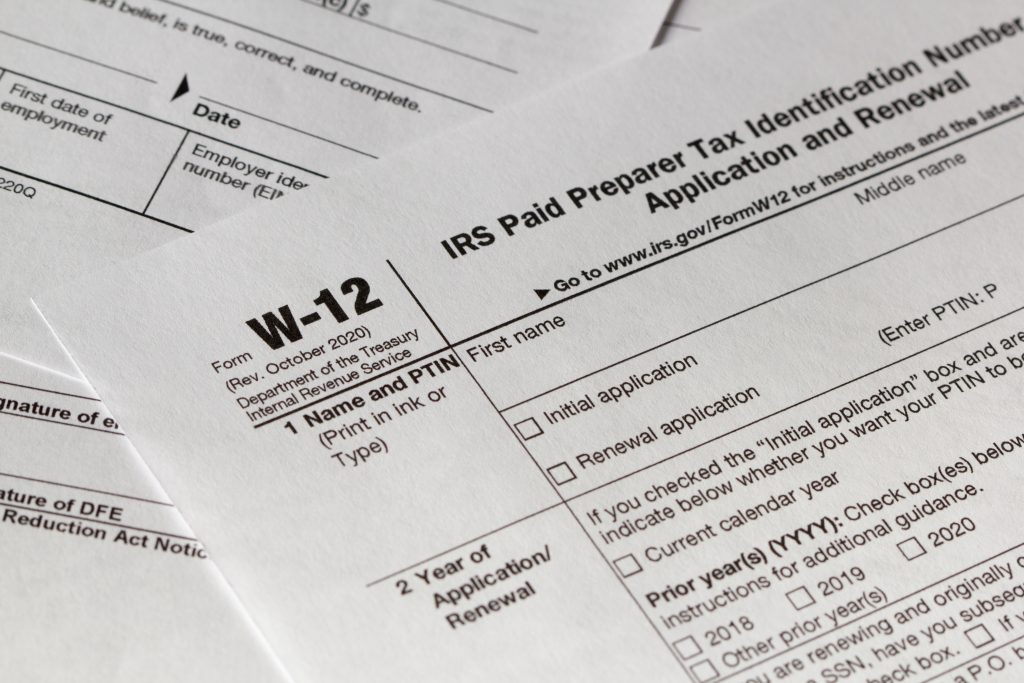The private inurement rule and private benefit rules exist to ensure that charitable assets are preserved for the benefit of the public and not diverted to private use. This is a fundamental concept that distinguishes tax-exempt organizations from for-profits.
The rules originate in the language of Code Section 501(c)(3). Code Section 501(c)(3) contains the specific requirement that:
[N]o part of the net earnings of [the exempt organization] inures to the benefit of any private shareholder or individual . . . .
In addition, under the regulations, an organization is not treated as organized and operated for exclusively exempt purposes unless it serves a public rather than a private interest, Based on this provision, tax exempt status is not available to any organization if its net earnings inure to the benefit of private individuals in whole or in part.
In practice, the law distinguishes between different degrees of inurement depending upon who is being benefitted. The two types of inurement are referred to as private inurement and public benefit.







